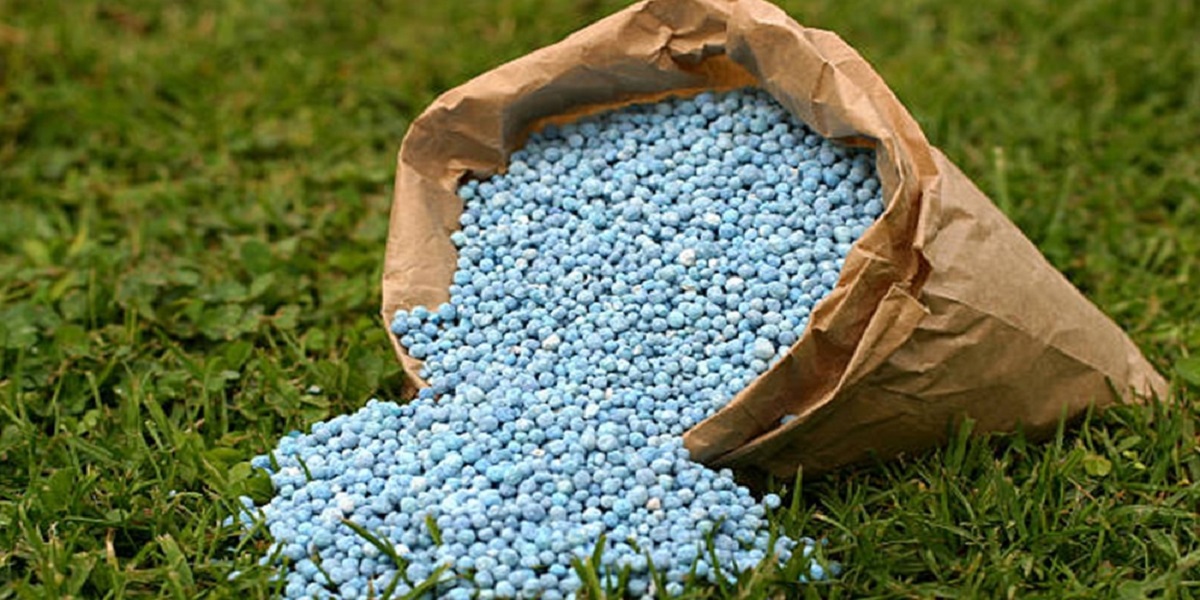Synopsis
Urea price increment long overdue

Urea manufacturers have been patient over the years when it comes to price increments. As a result, a price increase was naturally long overdue, as prices were last increased by the sector in August 2021.
The spike in inflation in recent months has increased the costs across-the-board. In response to which, Fauji Fertilizer Company (FFC) has increased urea prices by Rs80/bag over the weekend, taking the retail price to Rs1,863/bag. A similar announcement by other companies is expected in the coming days. We do not rule out further increase in the prices in case of a hike in gas prices.
The increase will have an after-tax per share impact of Rs2.04 for FFC, Rs1.63 for Engro Fertiliser and 40 paisas for Fauji Fertilizer Bin Qasim (FFBL). This will likely to offset by more than 50 per cent due to cost increases after inflation. DAP in the local market has seen rising prices since the last one year and have gained around 50 per cent in the last 12 months.
Global fertiliser prices have recently been triggered due to the disruption of Russian fertiliser exports, owing to sanctions imposed by the Western nations on Russia. However, China’s urea prices have been disconnected with the supply crunch situation and are, in fact, trading at a discount to global prices but that is because of the country imposing a ban on exports, which is in place since October last year.
The global fertiliser market was already facing shortages before the Russia-Ukraine tensions emerged but this tussle exacerbated the food security issue, as it caused gas prices to rise globally, which, in turn, forced the regional players to reduce production of fertilisers, prompting higher food inflation.
The rising differential between the local and international prices has also encouraged smuggling of the commodity from Pakistan to neighbouring countries because of which the country has not been able to maintain any buffer stocks in recent times. The domestic urea prices have been 80 per cent discount to international urea prices of late. The government now plans to import 200k tonnes of urea to ensure ample reserve of the commodity for the Kharif season but it will likely be at higher rates due to the increased prices in the international market, the procurement of the same also seems difficult, owing to global supply chain disruptions.
A new fertiliser policy has been proposed, under which there would be no gas subsidy and industry would have a uniform rate. The fertiliser industry acknowledges that the decisions like WACOG need to be taken but also proposes that the industry is then deregulated in essence, which would give liberty to the manufacturers when it comes to pricing.
It is unclear at the moment whether a national uniform rate would be applied or a separate rate would be formulated for the sector. However, we believe it is more likely that a separate weighted average rate would be devised for the sector.
In either case, it is expected that any increase in the gas prices is likely to be passed on by the industry to the end consumers. In case the industry moves toward a WACOG mechanism, Engro Fertiliser would gain a higher benefit, compared with the peers. Since 70 per cent of the feed gas used by Engro’s base plant is charged at the Petroleum Policy 2012 rates, the company would require a lower per bag price increment.
Pricing landscape for urea remains attractive in the light of the aforementioned reasons, the pricing power for local urea manufacturers seems to appear substantial. The current inventory situation for urea, expected to touch an all-time low since CY08, adds weight to our view.
The government has directed the companies to maintain buffer stocks to ensure availability for Kharif season but it would likely to be difficult to implement given high demand from the dealers.
Catch all the Breaking News Event and Latest News Updates on The BOL News
Download The BOL News App to get the Daily News Update & Live News.








 Read the complete story text.
Read the complete story text. Listen to audio of the story.
Listen to audio of the story.